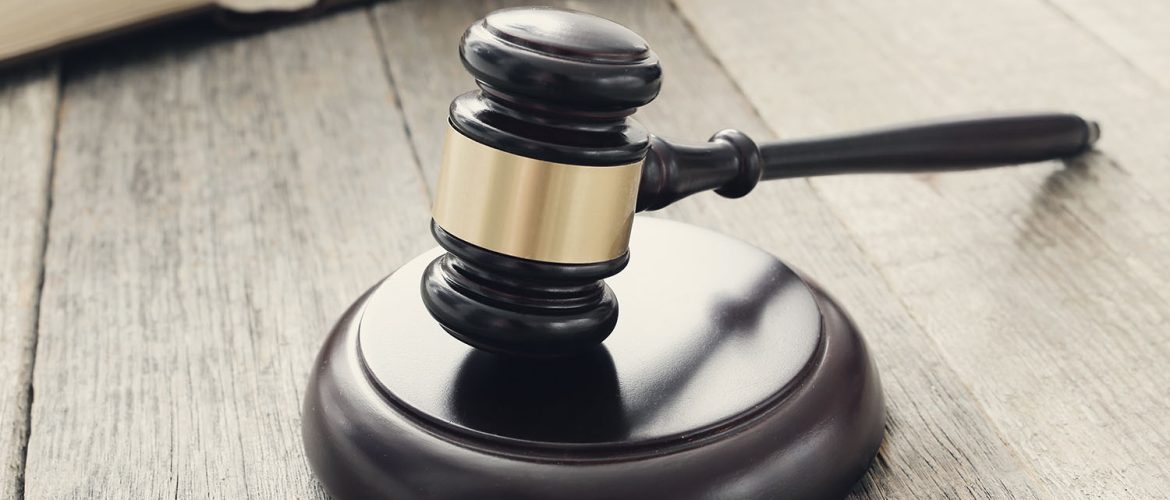
Litigation refers to the process of resolving legal disputes through the court system. It involves parties (individuals, businesses, or organizations) who have opposing legal interests and are seeking a resolution to their conflicts. Litigation encompasses various stages, from filing a lawsuit to presenting evidence in court, and ultimately results in a judgment or decision by a judge or jury.
Key components of litigation include:
1.Filing a Lawsuit:
The litigation process begins when one party (the plaintiff) files a lawsuit against another party (the defendant) by submitting a formal legal document called a complaint or petition. The complaint outlines the legal claims, facts, and relief sought.
2. Pleadings:
After the complaint is filed, the defendant is served with a copy of the complaint and has an opportunity to respond by filing an answer or a motion to dismiss. The pleadings stage involves the exchange of legal documents outlining each party’s positions.
3. Discovery:
Once the pleadings are completed, both parties engage in the discovery phase. This involves gathering evidence, such as documents, witness statements, and expert opinions, to support their claims or defenses. Discovery methods can include interrogatories (written questions), depositions (oral testimony under oath), and document requests.
4. Pretrial Motions:
During the course of litigation, either party can file pretrial motions requesting the court to make specific rulings. These motions can address issues such as dismissing certain claims, excluding evidence, or requesting summary judgment.
5. Trial
If the parties do not reach a settlement during pretrial stages, the case proceeds to trial. At trial, both parties present their evidence and arguments to a judge or jury, who will make a decision based on the law and the evidence presented.
6. Judgment:
After the trial, the judge or jury issues a judgment. This judgment determines the legal rights and obligations of the parties and may include monetary awards, injunctive relief, or other remedies.
7. Appeals
If a party disagrees with the judgment, they may have the option to file an appeal. Appellate courts review the trial court’s decision to determine if legal errors were made. The appellate process may involve reviewing transcripts, briefs, and oral arguments.
8. Enforcement
If the judgment is in favor of the plaintiff, the winning party may need to take steps to enforce the judgment, such as collecting awarded damages or securing compliance with court orders.
Litigation can be a complex and time-consuming process, often requiring legal representation from attorneys with expertise in the relevant area of law. It is important to note that not all legal disputes proceed to litigation; many are resolved through negotiation, alternative dispute resolution methods (such as mediation or arbitration), or settlement before trial.
We provide litigations related to
- Income Tax Litigation
- GST Litigation
- Civil Litigation
- Criminal Litigation
- Intellectual Property Litigation
GET QUICK RESPONSE
Get a quick response and legal advice from expert
